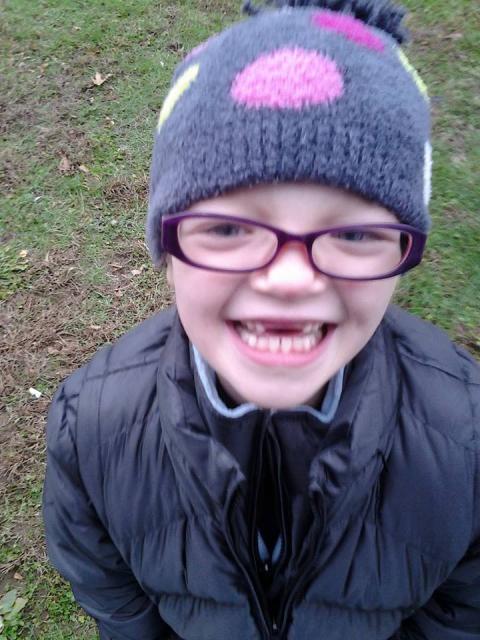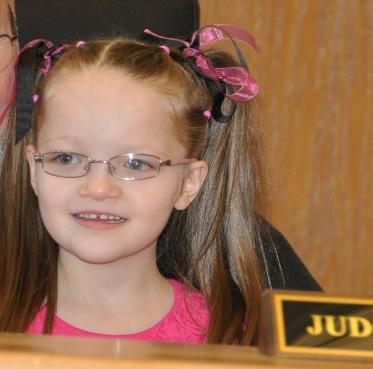Tori, Candy Crush Pro!

GEMSS would like to thank Tori and her mother for their generosity in sharing this story with us. You have made the site come to life with the addition of your thoughts and feelings. Thank you so much!

Tori is a child who loves people and gives warm hugs instantly! Sometimes this happens to people she might not know. She lives in a small New Hampshire (USA) town and was adopted by her parents. Her family originally fostered another child and when that child eventually left, they wanted to do more. They agreed to temporarily provide respite for Tori. Her mother Michele says, “From the very beginning, we knew she was a keeper!”
Her tiny frame supports a big ball of energy. “She is a very sweet, adorable girl who has one volume- loud” says Michele. Tori is also very talented with Candy Crush. At a recent hospital stay, the doctors were coming to Tori with their iPads and smart phones to have Tori help them beat the Candy Crush levels that were getting them stuck.

Tori can read well but has difficulty with comprehension. She has a Dynavox Maestro to help with communication and to help her imitate the words and talk more. “Tori calls everyone her friend,” says Michele. She has friends at school and her teachers help facilitate friendships and connections. “Tori can be loud and physical and may climb on people – she doesn’t have a concept of physical boundaries.” Michele says that they go to community events and family gatherings but if Tori gets overwhelmed, they just leave a little early.

Tori was diagnosed with Fetal Alcohol Syndrome after making her new home with her family. She had the facial features of FAS, her birth mother was noted to have been drinking during her pregnancy, and she also had the behavioral characteristics of FAS. Other conditions, such as Fragile x syndrome and Smith Magenis syndrome, were ruled out with genetic testing.
Tori goes to public school and is in regular classes in second grade. She receives academic support in reading and math as well as PT, OT, and Speech therapy, behavioral and guidance supports. “She is impulsive and needs one-on-one support to keep her safe,” Michele states. This “always eyes on” approach is necessary because she sometimes eats non-food items (pica) and has no concept of safety. Tori has also been diagnosed with epilepsy, autism, reactive attachment disorder, hearing loss, vision impairment, sensory processing disorder, post-traumatic stress disorder, and attention deficit hyperactivity disorder.

Michele and her husband Chris have big hopes and dreams for Tori. She has made huge progress in just a few short years and continues to thrive. Their goal is to help her succeed in school, make a meaningful contribution to her community, and be happy and healthy.
Michele, who works at an elementary school, advises parents to “be patient, even if you have to repeat something 1000 times to get through to your child.”
Her advice to teachers and school nurses is to:
- Collaborate with parents. You’re more likely to be successful if you work together as team.
- Adapt all aspects of learning or the daily schedule, if needed. For example, if the lunch room is too loud/over-stimulating, find a quieter place for the child to eat.
Do your research so you know about each child’s specific condition, challenges, and needs.
